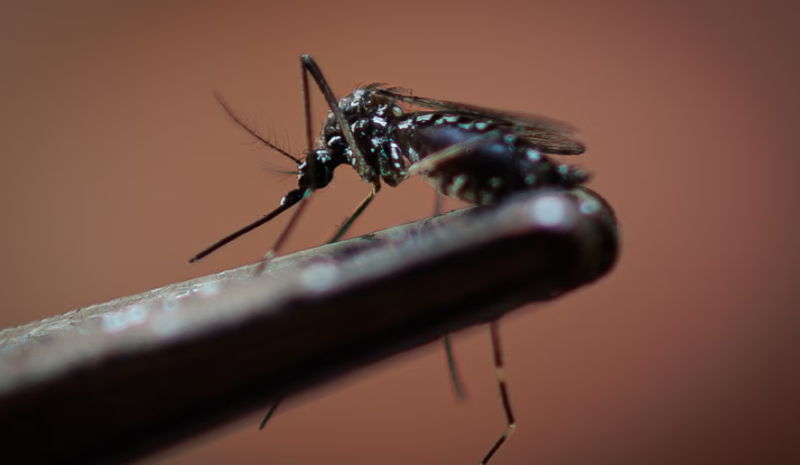
Brazil is deploying millions of bacteria-carrying mosquitoes in a strategy to combat the staggering rise in dengue fever cases.
The state health department of Sao Paulo has declared a state of emergency, with approximately 300 cases per 100,000 residents, Reuters has reported.
With the death toll rising, bacteria called Wolbachia, naturally found in many insects, is being used to counter the disease, as it has shown promising results in five Brazilian cities, reports the Guardian. The authorities have had to use drones to survey mosquito breeding sites in Sao Paulo. The health ministry projects dengue cases to rise above 1.6 million nationwide.
Experts caution that the government’s vaccination effort falls short of what's needed to control the disease, particularly as the disease spreads to new territories in the country. Dengue outbreaks now affect 85% of Brazil's municipalities, with symptoms ranging from high fever and headache to severe joint pain and hemorrhagic fever.
Dengue is also fast spreading across other countries of South America, with 100,000 cases registered in Paraguay in the first two months of the year. Peru and Argentina are also dealing with their dengue crisis. The rise in regional temperature due to climate change has increased the territories impacted by the disease in the Americas.
In October last year, the World Health Organization (WHO) warned that Dengue was likely to surge and become a “major threat” in South America, southern Europe, and Africa, even regions where it had not been seen.
